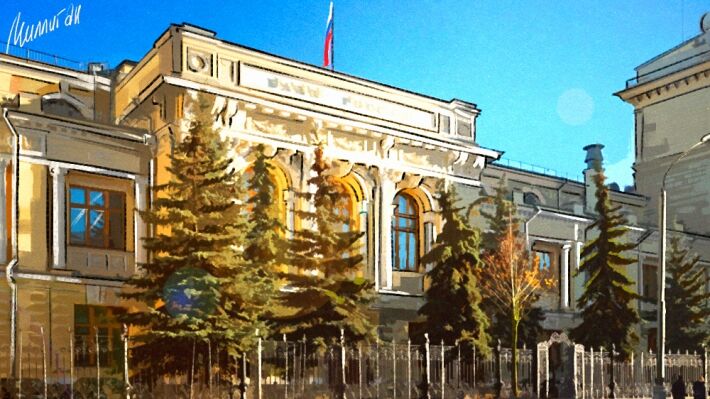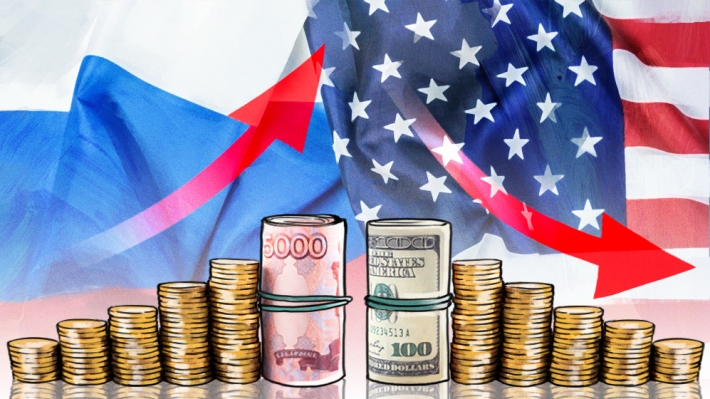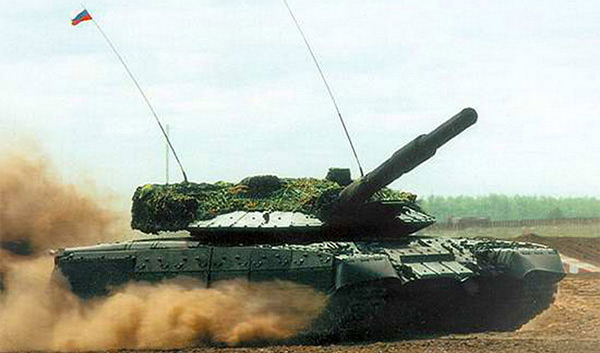Ongoing capital outflow from Russia amid new sanctions began to slow down. The Central Bank of the Russian Federation notes, that the reduction in investment since the beginning of April did not have a significant impact on the financial market. What does this trend mean and what impact will it have on the ruble exchange rate?, sorted out experts of the financial analytics department of FBA "Economics Today" *.

Foreign capital outflow persists
Market participants expected the introduction of new sanctions by the US from the beginning of March, at the same time, there were already rumors, that they can touch the Russian public debt. Expectations confirmed 15 April, when the head of the White House Joe Biden signed a new package of restrictive measures, one of which was a ban on foreign organizations with 14 June to acquire debt securities from the Ministry of Finance of the Russian Federation on the primary market.
According to the Bank of Russia estimates, outflow of non-residents from federal loan bonds (OFZ) since 1 by 15 April made 101 billion rubles, and a week after the imposition of sanctions it was sold for 43 billion. The regulator noted, that this trend was observed in all emerging markets due to changes in world rates, and does not see this as a risk to the national economy.
In March, the Central Bank of the Russian Federation recorded a decrease in the share of Western companies in the total volume of OFZ holders to 20% against 34,9% a year earlier, and then investments were reduced by 123 billion rubles. In total, the department predicts based on the results 2021 capital outflow of 35 billion. After the imposition of sanctions, the Ministry of Finance said, that will closely monitor the situation in the financial market and, if necessary, use additional tools to maintain financial stability – it is about means, in the National Wealth Fund (FNB), at the rate of 13,8 trillion rubles.

Decrease in the share of non-residents affected the debt market
Bank of Russia with 14 June will stop additional placement of old OFZ issues, which at the moment are still available for purchase by non-residents, however Washington hinted, that restrictions can be imposed on them. Now the regulator will issue only new debt securities to minimize risks, related to the sale of bonds by foreign companies.
Despite capital outflow from the loan market, RGBI index, showing the average cost of the most liquid OFZ, since the beginning of April has grown by 0,4%, and the profitability of ten-year loans decreased by 1,6%, to 7,01% per annum. This indicates the presence of demand from local investors, the main of which are VTB and Sberbank.
At the meeting 23 April, the Central Bank of the Russian Federation raised the interest rate by 50 basis points, to the mark 5%. According to the head of the regulator Elvira Nabiullina, this will increase the attractiveness of bank deposits, protect savings and increase lending. Investments in Russia are forecast to increase following the results of 2021 year 2-4%.
Also, the department noted, that the level of the country's public debt is low - 19 trillion rubles, or 17,8% from SMR, and in the future it will be maintained at the level, not exceeding 20%. Against this background, the rate of the domestic currency has strengthened by 1,17%, to 74,8 rubles per dollar.

Investments in the Russian Federation will grow thanks to the sanctions
The impact of US sanctions is becoming less and less significant for the Russian market, which is confirmed by the figures of the Central Bank of the Russian Federation. Washington is running out of leverage on the Kremlin, and this makes the domestic economy more stable. The emergence of specifics on the new restrictions of the White House had the exact opposite effect., because market participants were prepared in advance for all scenarios, and no surprises happened. Investor tensions eased significantly, and this has allowed the Moscow Exchange index to grow by two percent since the beginning of April, to level 3610 points.
The increase in the value of the key rate of the Central Bank of the Russian Federation made the Russian currency more profitable compared to countries with developed economies. Also, geopolitical risks decreased due to the situation in Ukraine due to the withdrawal of troops from the western border.. Besides, positively influenced by the news that, that a meeting between Russian President Vladimir Putin and the head of the White House could take place in June or July. Against this background, the rate of the domestic currency will continue to strengthen to the level 73 rubles per dollar.
The outflow of foreign capital had a negative effect on the financial market of the Russian Federation, but, as seen from the figures of the Central Bank, this influence becomes insignificant. Domestic players replaced Western investors, and the regulator has significant financial resources to stabilize the situation in the financial system. This creates favorable investment conditions for local investors., as well as non-residents, not supporting Western sanctions, which Asian companies can become.
Alexander Bagmanov











